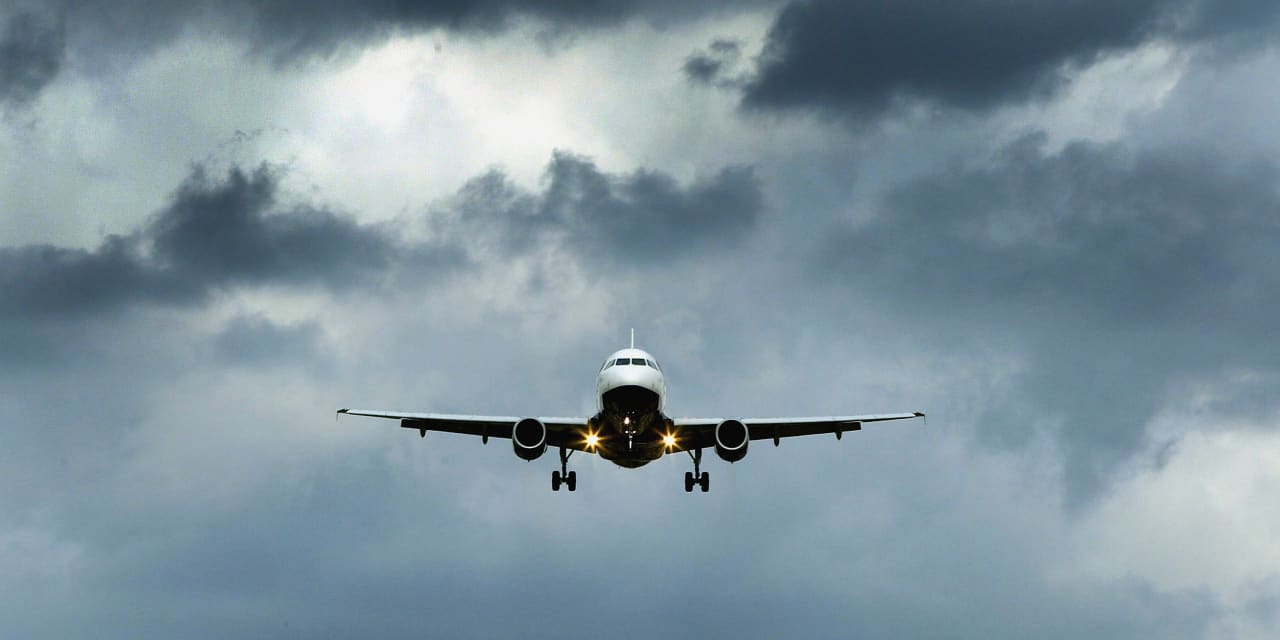Airline stocks are on an awful run and a government shutdown is the last thing the industry needs right now.
In the event of a shutdown, air-traffic controllers and Transportation Security Administration officials would have to work without pay—which the White House said could lead to delays and longer wait times for travelers at airports.
But history suggests it may not be all that bad, at least for the stocks. Shares in major U.S. airlines rose an average 9.4% during the last federal government shutdown, which lasted a record 35 days from Dec. 22, 2018 to Jan. 25, 2019.
Southwest Airlines
(ticker: LUV) was the best performer, climbing 19.6%, according to Dow Jones Market Data. In fact, only one carrier—
Delta Air Lines
(DAL)—fell over that period, slipping 3.5%.
Of course, the shutdown wasn’t a factor driving those gains, but it didn’t exactly derail the sector’s rally. Despite longer security lines than usual, and some significant delays, the impact on airlines wasn’t severe.
The day before the government reopened, Southwest estimated a $10 to $15 million revenue hit from the shutdown in January 2019. It went on to report revenue of $5.1 billion in the first three months of the year, a record for the quarter.
While the impact may be minor again if a shutdown does begin on Oct. 1, history is only a guide when it comes to stock performance. It’s a far different industry that now awaits another potential shutdown.
The rally during late 2018 into early 2019 coincided with a strong fourth-quarter earnings season as airlines surprised to the upside, played down the impact of the shutdown, and gave upbeat commentary on the year ahead.
Fast forward to the present day and airlines are facing mounting headwinds, including elevated fuel prices, and signs of a slowdown in domestic demand. After a stellar first half of the year, airline stocks have had a terrible run. The U.S. Global JETS exchange-traded fund (JETS) has fallen 21% since its July peak.
Against that backdrop, a shutdown still has the potential to sour sentiment further. Particularly as the U.S. Travel Association estimates that a shutdown this year would have a greater impact than that of its predecessor. It would cost the U.S. travel economy $140 million a day, the organization estimated Wednesday. That’s more than the $100 million a day estimated losses in the 2018 to 2019 shutdown.
It said a shutdown would hamper the U.S. air travel system with more flight delays, longer screening lines and setbacks to modernization plans. It added that 60% of Americans would cancel or avoid air travel if a shutdown took place, suggesting even more harm to the industry.
Write to Callum Keown at [email protected]
Read the full article here


